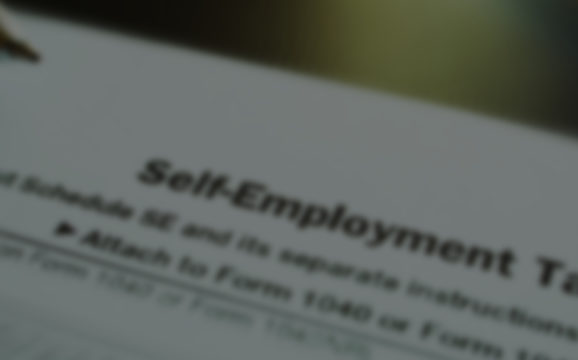A U.S Enrolled Agent or U.S CPA, Who Should You Choose When It Comes to the IRS?
The obligation to file your taxes to the U.S tax authorities – the IRS, is relevant not only to U.S. citizens living offshore but also to Israelis who have business or investments in the U.S, green cards or certain visas.
The IRS has a different and very complex set of rules compared to its Israeli counterpart, and it is extremely difficult to deal with it without the help of a CPA, or an EA (Enrolled Agent) tax advisor at the very least.
Therefore, the safest and most efficient way to deal with the IRS without getting into trouble and exposing yourself to criminal procedures and heavy fines, is to be advised by an experienced U.S CPA or tax advisor.

So whose better? A U.S Enrolled Agent or U.S CPA
Every person who needs to be represented before the IRS has his own unique needs, therefore there are 3 parameters that you should examine and understand before choosing the right person to fit your needs and goals.
| Parameters | רואה חשבון אמריקאי (CPA) | יועץ מס אמריקאי (EA) |
| Academic Background | Academic Degree: 5-6 years of studies | Several months of professional training course |
| The ability to understand and analyze financial reports | V | X |
| Understanding of U.S tax laws and how to work with the IRS | Deep | Superficial |
The biggest advantage to choosing a U.S CPA (Certified Public Accountant) over an Enrolled Agent is first and foremost the scope of their knowledge.
A U.S CPA studies all aspects of U.S taxation for many years, beyond mere filing reports, therefore his knowledge in fact includes that of a U.S EA, who undergoes only several months of training and is qualified only in the narrow matter of filing reports.
In addition, compared to a U.S EA, a U.S CPA’s ability to understand and analyze financial reports, his deep understanding of U.S tax laws and how to work with the IRS all have significant added value for his client. That is to say that a U.S CPA includes the scope of knowledge and job description of a U.S EA, and much more – therefore, when preparing to deal with the IRS, the best choice is clear.
In what matters can a U.S Enrolled Agent or U.S CPA provide assistance?
A U.S CPA, and an EA as well, in general, can assist any private or business client in proper handling and practicing before the IRS and other U.S authorities in various matters such as:
A. Filing tax returns for individuals
B. Opening a business in the U.S
C. Assistance regarding tax on real estate investments
D. Issuing Taxpayer Identification Numbers (TIN) for individuals and companies
However, of all matters that require professional care and representation, there are a few services in which a U.S CPA has a clear advantage:
A. U.S tax advisory and planning
B. U.S Accounting Services
C. Filing tax returns for companies
This advantage is mainly due to his in-depth, academic knowledge, his ability to analyze and understand complex financial statements and his familiarity with U.S laws and regulations.

A few things you should know before contacting a U.S CPA
Who is required to file a tax return in the U.S?
A. U.S citizens, even if they do not in fact live within U.S borders, green card holders or people holding certain visas to the U.S.B. Most people conducting business or real estate transactions with an entity on U.S soil, including citizens of foreign countries such as Israel (to read more about real estate investments in the U.S click hereן
What happens if you do not file reports to the IRS?Failure to report to the U.S tax authorities is against the law.
It is considered a criminal offense for all intents and purposes which may entail severe penalties, from heavy fines that accumulate for every month of late reporting until the debt is paid, to criminal prosecution and actual imprisonment.
At the same time, the IRS may impose additional penalties according to the severity of the offense.
In short – you really don’t want to mess with the IRS.
(To see the list of penalties on the IRS’ website click here)
At this point it is important to note that if you failed to report in previous years, the IRS now offers a voluntary disclosure process for U.S citizens only, that allows you to catch up on your filings for previous years and begin filing on a regular basis from now onwards.
Foreign non-U.S citizens can also file retroactively, however there isn’t a structured process to do so.
U.S tax credits? Yes, they exist.
In some cases, you are entitled to tax credits, for example if you have children or for academic studies.
Under certain circumstances, one could even demand to receive social security from the U.S.
Without the professional help of a U.S CPA, filing your tax returns on your own or through someone unprofessional, may lead to the loss of tax refunds that could amount to $1,000 dollars and more.
In short, when you require representation before the U.S tax authorities, especially the IRS, a U.S CPA is a much better choice over a U.S EA, thanks to his in-depth knowledge of the law, his rich cumulative experience and his ability to avoid unpleasant complications due to any mistake or failure to report on your part.
Aharonof U.S Tax Advisory’s professional team would be happy to advise you and represent you before the IRS.



